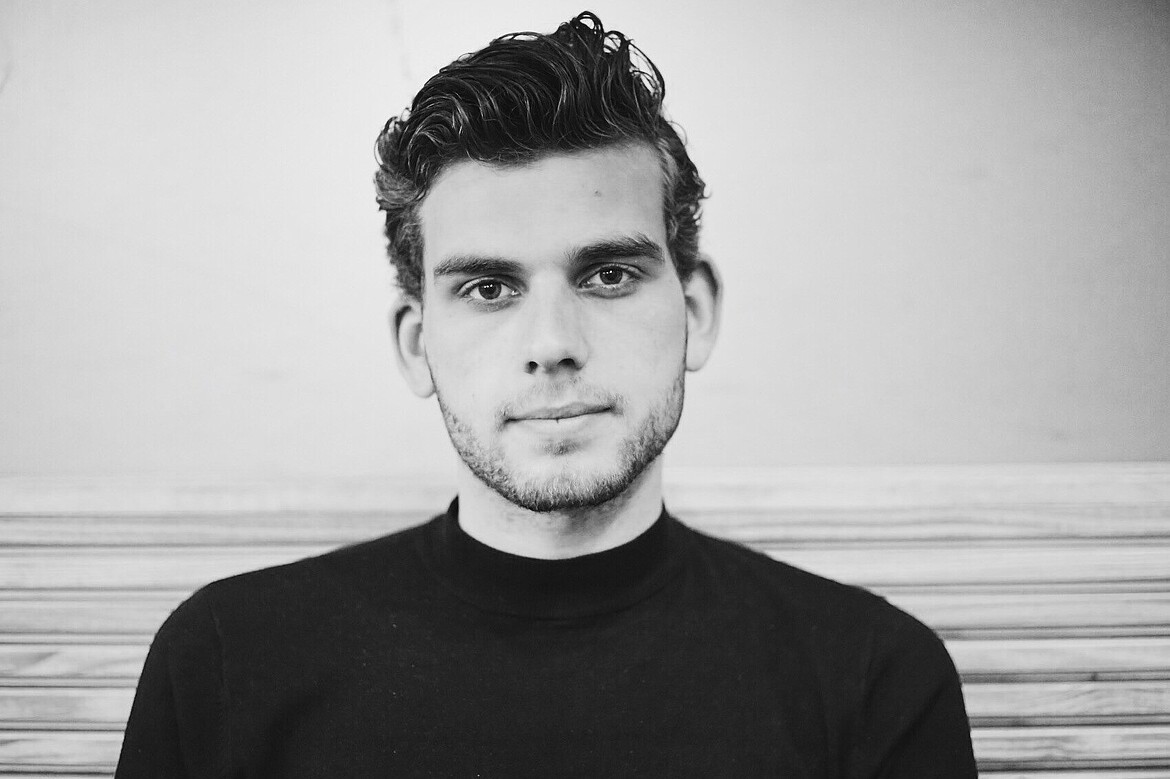This makes students think beyond becoming a manager somewhere in the future. It makes us aware of what we can do, and the impact we can make as students and when involved with STAR.
Thom van Dalen
How did you become involved with STAR?
“I wanted to do something next to my studies, but it had to be manageable so I could make sure I’d still earn my 60 credits. In my first year I joined a STAR committee’s activity team, aiming to socially connect to peers. I kept involved with STAR throughout my studies and eventually applied for the board. And now I’m the chairman of the board!”
What does STAR mean for students?
“With a board of nine people, we want to add as much value for students as possible in these uncertain times. A social connection is one of our main focuses. That’s definitely at the top of our list. I feel energised from virtual meetings and events we organise, when we see people having a fun night. We can see these online alternatives work for students. Even in a pandemic, we still try to add as much value as possible.”
How has Covid-19 affected your work?
“We now do all committee board meetings online and only have very limited in-person meetings with very small numbers of people. It has brought out a lot of creativity. Some events, like recruitment, are feasible to do online. For example, the STAR Management Week managed to offer a variety of events. For the fair part, which is usually in booths in a large hall, companies were in separate breakout rooms so students were able to get a look into what different companies are like.
“To really get socially connected, it’s important to be able to see each other face to face. We’ve thought of various ways to connect students. We’ve hosted bingos, online escape rooms, and a cooking workshop in collaboration with a restaurant in Rotterdam. We’re still trying to innovate but we’ve seen some of these events work already.”
What do you think of RSM’s mission to be a force for positive change?
"This makes students think beyond becoming a manager somewhere in the future. It makes us aware of what we can do, and the impact we can make as students and when involved with STAR.”
How does STAR contribute to positive change?
“STAR and RSM’s sustainability focus is not only about environmental but also societal impact, which is increasingly getting more attention. Every year, the board writes a policy for the association. We try to give attention to positive change, for example by partnering with a charity or valuable initiative each year. We try to pick organisations that are not purely for-profit and ones that allow our students to help. Last year it was an organisation that helps children from a rough neighbourhood in Rotterdam to be able to go to school. This year it is the Daniel den Hoed foundation.
Diversity is a big part of the policy we’re writing this year too. We’re still in the research phase, gathering information from students and companies, and getting ideas how to achieve this. There are initiatives in place. For example, one person from the board is responsible for the internationalisation within STAR. This board member aims to include value for international students in all our events. Maybe it can also help STAR increase its international reach, because diversity and impact covers way more than the Netherlands.”
